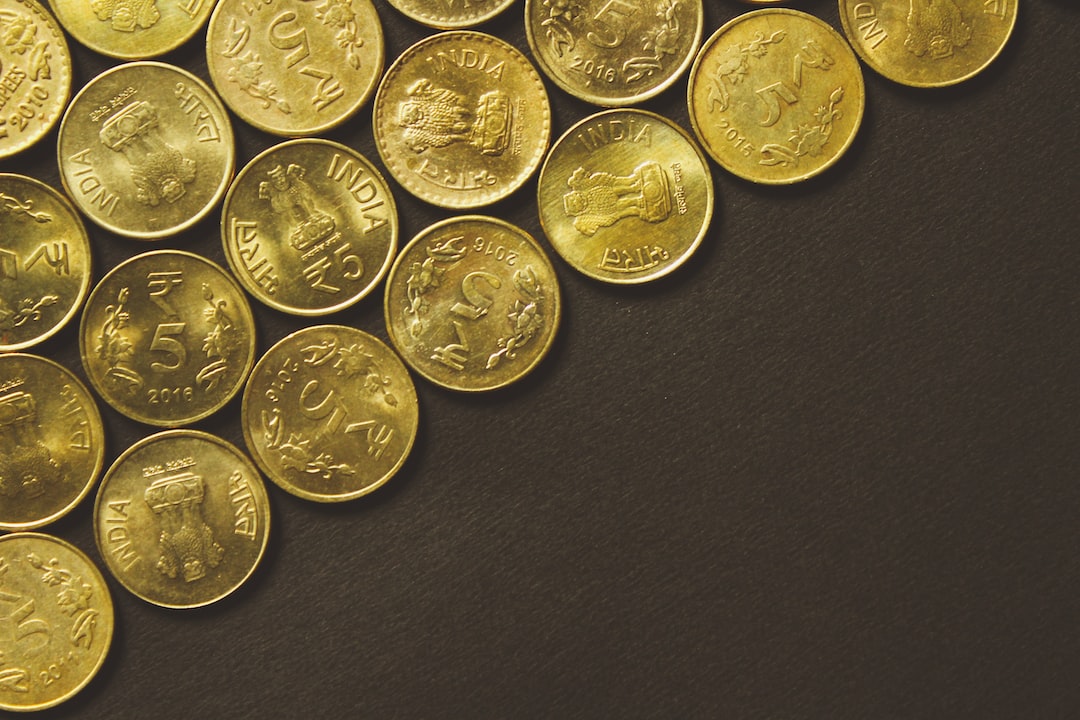The Importance of Emergency Funds: How to Build and Use Them
In today’s uncertain world, having an emergency fund is more important than ever. Whether it’s a sudden job loss, unexpected medical expenses, or a car repair, life has a way of throwing curveballs at us when we least expect it. Having an emergency fund can provide a safety net during these difficult times and help us navigate through them without additional stress or worry. In this blog post, we will explore the importance of emergency funds, how to build them, and the best ways to use them.
First and foremost, let’s emphasize the significance of emergency funds. They play a crucial role in financial stability and can prevent individuals and families from falling into debt or experiencing financial hardship during unforeseen circumstances. Without these funds, people often end up resorting to credit cards or loans, which can lead to long-term financial consequences. By having a dedicated emergency fund, individuals can avoid unnecessary debt and safeguard their financial future.
Now, let’s discuss how to build an emergency fund. The first step is to set a realistic savings goal. Experts recommend saving three to six months’ worth of living expenses, including rent/mortgage, utilities, groceries, and other essential bills. This may seem like a large sum, but breaking it down into manageable monthly contributions can make it more attainable. By automatically transferring a set amount from each paycheck into a separate emergency fund account, individuals can gradually build their financial safety net.
Another strategy to accelerate emergency fund growth is to cut back on non-essential expenses. This could mean reducing dining out, canceling unnecessary subscriptions or memberships, and finding ways to save on utilities. Every dollar saved can be directed towards the emergency fund, helping it grow faster. It’s important to remember that the sacrifices made to build an emergency fund are temporary and will provide a significant sense of security in the long run.
Now that we have discussed the importance of having an emergency fund and how to build one, let’s explore the best ways to use these funds. Emergency funds should only be used for genuine emergencies. This means unexpected events that significantly impact an individual’s ability to pay for essential living expenses. Examples of such emergencies may include job loss, medical emergencies, home or car repairs, and unforeseen travel expenses. It’s important to have a clear understanding of what constitutes an emergency and to resist the temptation to dip into the fund for non-emergency expenses.
When an emergency does occur, it’s essential to use the funds wisely. Evaluate the situation and determine the extent of the financial impact. Consider all available options, such as negotiating payment plans with creditors or exploring government assistance programs. Use your emergency fund as a last resort and withdraw only what is necessary to cover the immediate expenses. Remember to replenish the fund as soon as possible to ensure its availability for future emergencies.
It’s also important to review and reassess your emergency fund periodically. As life circumstances change, so should the size of your fund. For instance, if you experience a significant increase in income or have additional dependents, it may be wise to increase your emergency fund accordingly. On the other hand, if you find yourself with excess funds, consider investing a portion of it to further grow your wealth. Striking a balance between the size of your emergency fund and other financial goals is crucial for long-term financial success.
In conclusion, emergency funds are a fundamental aspect of financial planning. They provide stability during unexpected times and help individuals and families stay afloat when faced with challenging circumstances. By setting realistic savings goals, cutting back on non-essential expenses, and using the funds wisely, individuals can build and utilize their emergency funds effectively. So, take the necessary steps today to build your emergency fund and protect yourself from future financial uncertainties.

